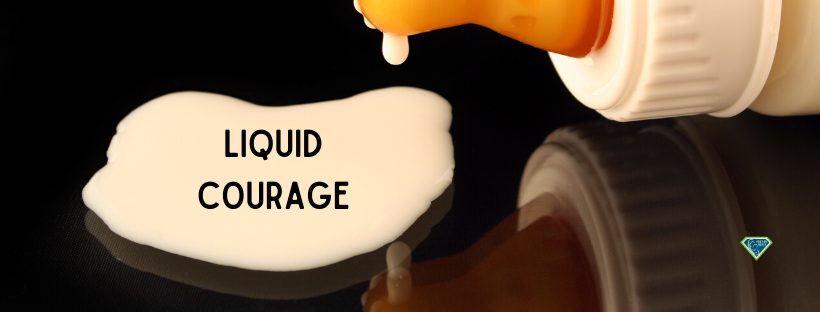Hopefully, my experiences will help another family avoid the psychological trauma that I endured while breastfeeding my daughter. This is what I learned:
- Sacrificing your mental health or your baby’s health (or both!) to exclusively breastfeed is not worth it.
- Some breastfeeding advocates don’t see (or don’t want to see) the risks of exclusive breastfeeding which include a baby who isn’t gaining weight sufficiently, an emotionally suffering mum, or a strained mother–baby relationship.
- Seek help from lactation professionals who are open-minded enough to suggest combo-feeding as an option and are willing to support your choice because sometimes exclusive breastfeeding is not an option.





